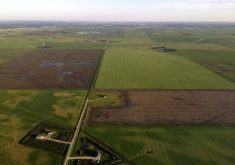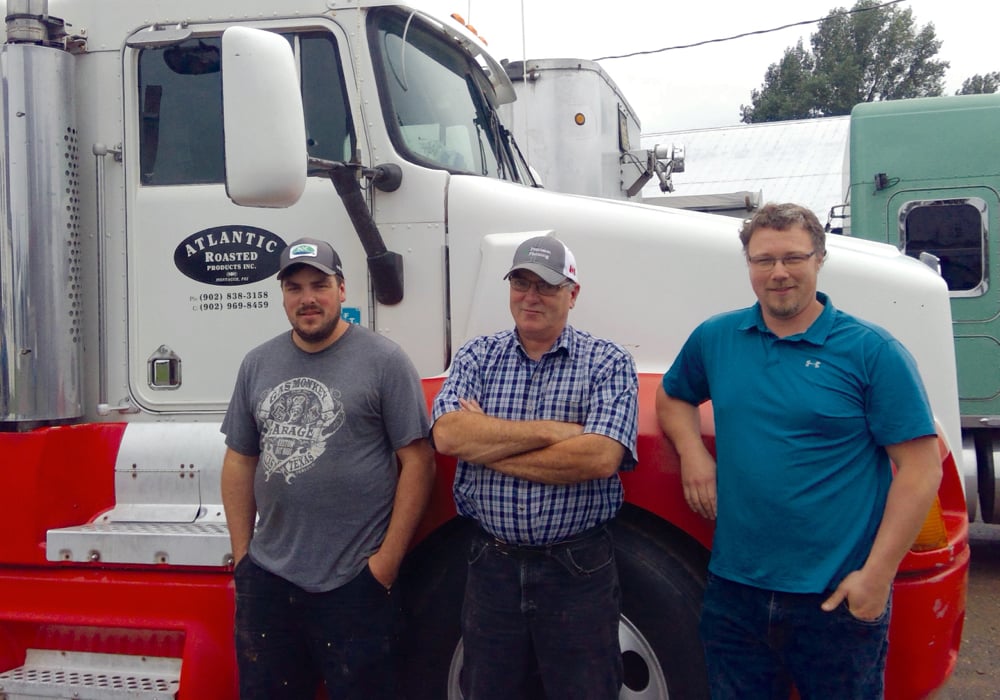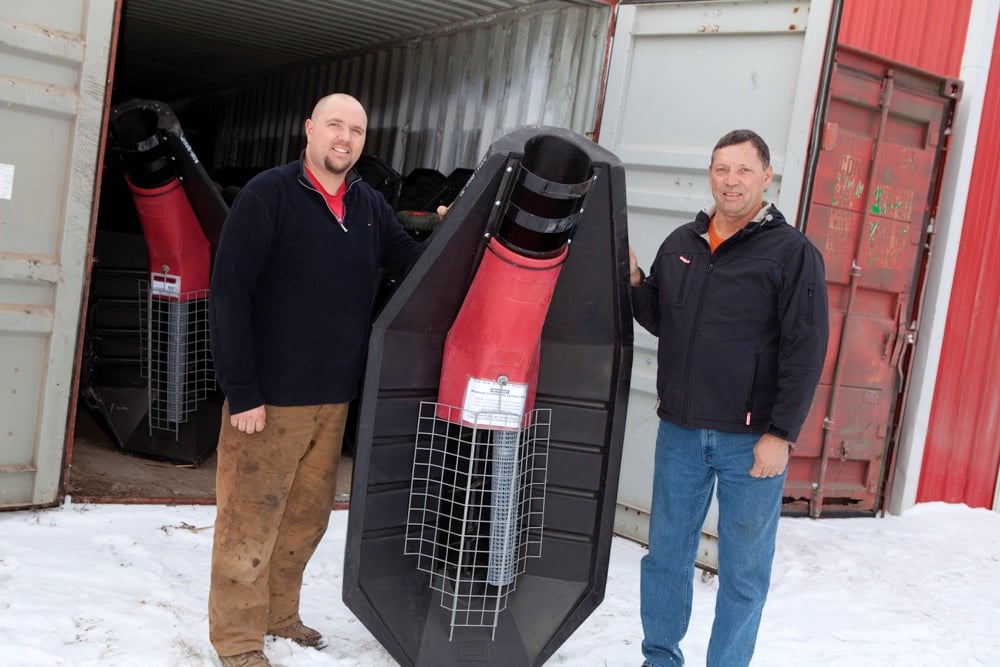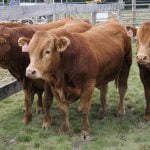Recent Canadian agriculture census data shows that more farmers are starting to venture into farm-adjacent business opportunities to earn income beyond the farm.
Evan Shout was one of them.
After selling the family farm more than a decade ago, he transitioned to a role in the finance field, earning a public accountant designation and eventually launching a farm coaching and consulting business with a partner.
In his current role as president and co-founder of Maverick Ag. Ltd., he says he’s seeing more farmers do the same, leaning on the skill sets they’ve acquired on the farm or outside of the agriculture industry.
Read Also

Farm & Family – Feb 27 edition
Last week, we highlighted part one of a two-part series by GFM associate digital editor Geralyn Wichers about why you…
“They’re starting to use their farm assets to bring in other revenue,” he says. “Anything that can utilize skills they have, that maybe they got originally for farming but also apply to a secondary business,” says Shout.
He says diversifying farm businesses is an important strategy in today’s farm environment as farmland values in Canada have increased over the last three decades and farm operating costs continue to rise.
“With increasing land prices and tighter margins on the grain side, guys are starting to look for other options,” he says.
“They want to lower some volatility, so diversifying into something that’s not directly tied to grain or livestock just gives them some risk potential.”
But while diversification can be an important business strategy, it’s also important to do it properly — which means considering the financial implications of new ventures.
One of the first considerations is how to set up the business, i.e., as a sole proprietorship or a corporation.
To make this decision first consider your goals, objectives and growth plans, says Shane Howard, a law clerk with farm business consulting firm FBC.
If you’re not planning a large-scale venture off the bat, then sole proprietorship might be the best start, he says.
“If you’re not expecting to really make a lot of a profit in the first couple years and it’s low risk as far as liability, it’s probably a good idea to start as a sole proprietor.”
Howard cautions that running a sole proprietorship comes with more liability as this type of business structure is not a separate legal entity, meaning that the owner is personally liable for all business debts and obligations.
However, a benefit of starting small is that it’s less costly and time consuming as incorporating a business comes with upfront costs and ongoing requirements such as filing special tax returns, bookkeeping and administrative work.
“If you’re a sole proprietor, you don’t really have a lot of those ongoing costs,” Howard says.
Farmers can decide to incorporate a sole proprietorship further down the line if there’s significant income and growth in the business.
“If you’re just growing like crazy in the last couple years, you’re making lots of money, it’s probably time to have that conversation with your accountant or your tax rep.”
But not all sole proprietorships need to be incorporated — or at least not right away, he says.
“It’s often more advantageous for those small sole proprietorships to initially remain sole proprietorships, especially for the simpler, lower-risk businesses and then, down the road, consider incorporation as the business grows and requires more formal structures.”
For larger-scale or more ambitious ventures, incorporation might make more sense right from the start, says Shout, especially for tax and liability reasons.
“If it’s a venture that they want to be viable and standalone, usually there’s not much of a discussion, especially for the tax deferral side,” Howard says. “If they’re not going to utilize the cash personally right away, if it’s more of a savings account, it just makes more sense.”
He says incorporation can help farmers take advantage of Canada’s beneficial tax rules for the agriculture sector, especially for grain and livestock farming.
“One thing farmers do have is a lot of tax benefits,” he says.
“We essentially spin off most of these businesses so they don’t affect some of those rules, because if they become successful enough, or if the revenue or asset number becomes too high, it actually can affect their farming status,” says Howard, adding this could cause the loss of benefits on the farm side.
Incorporating a new venture also generally translates into less liability for owners than running it as a sole proprietorship.
“It does provide shareholders with some liabilities — not absolute liability, but limited liability — meaning their personal assets are generally shielded from the business debts,” Howard says.
The credibility aspect is another benefit farmers might want to consider as a benefit to this structure.
“Some people think that through a corporation it gives them a little bit more credibility and easier access to capital sometimes,” he says.
Regardless of what structure you pursue, Shout says his advice for clients is to not go too far outside their box and always tie new ventures back to their own skill sets or the farm itself.
“Make sure you know what business you’re getting into,” he says.
“Stay in agriculture or something you’ve been taught or you know. The biggest risk to guys is that they take money out of the farm and go into a totally different venture that they don’t have any experience or education in. That’s when risk starts coming in and where you have the ability to lose more than you gain.” CG
















